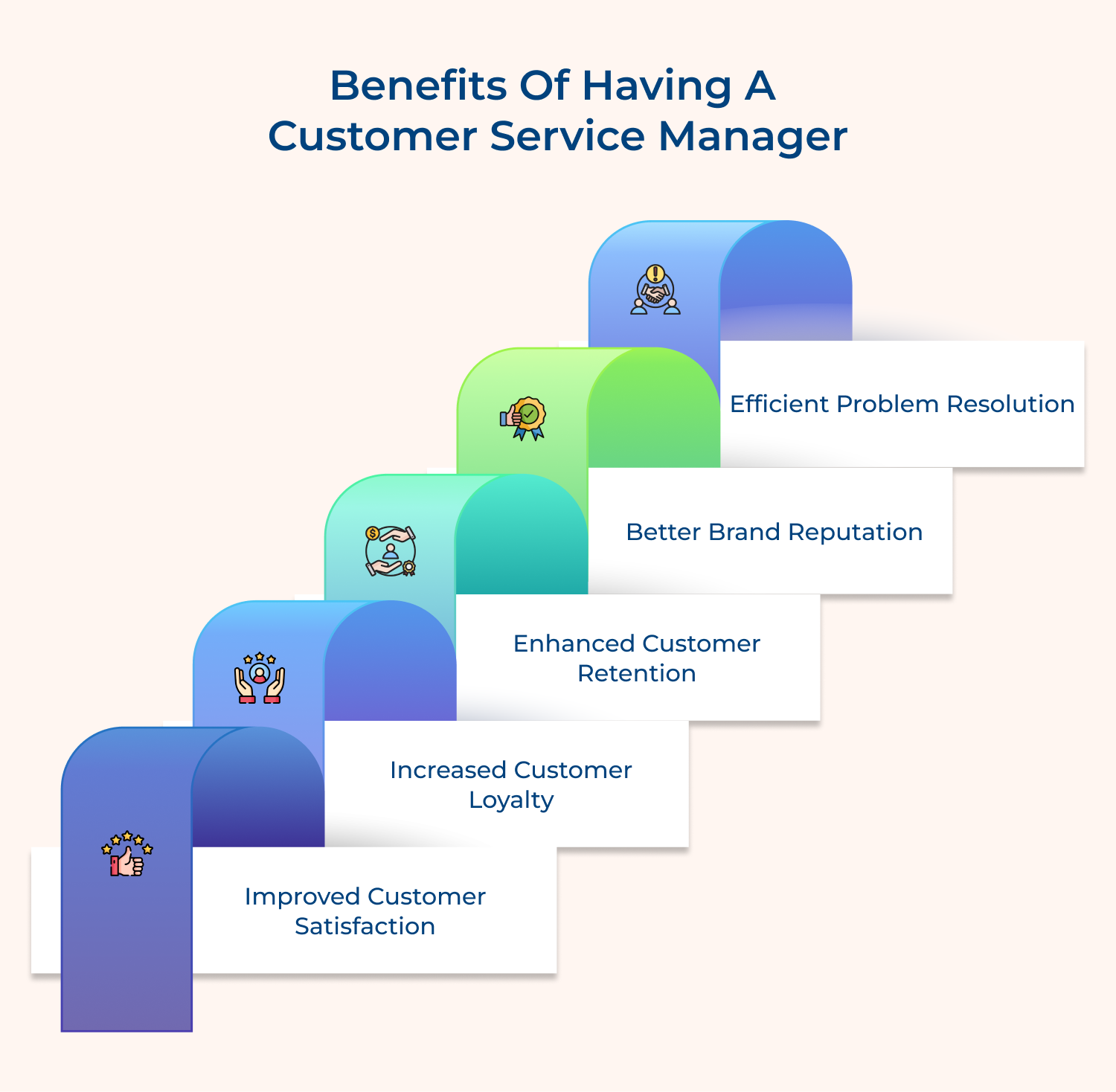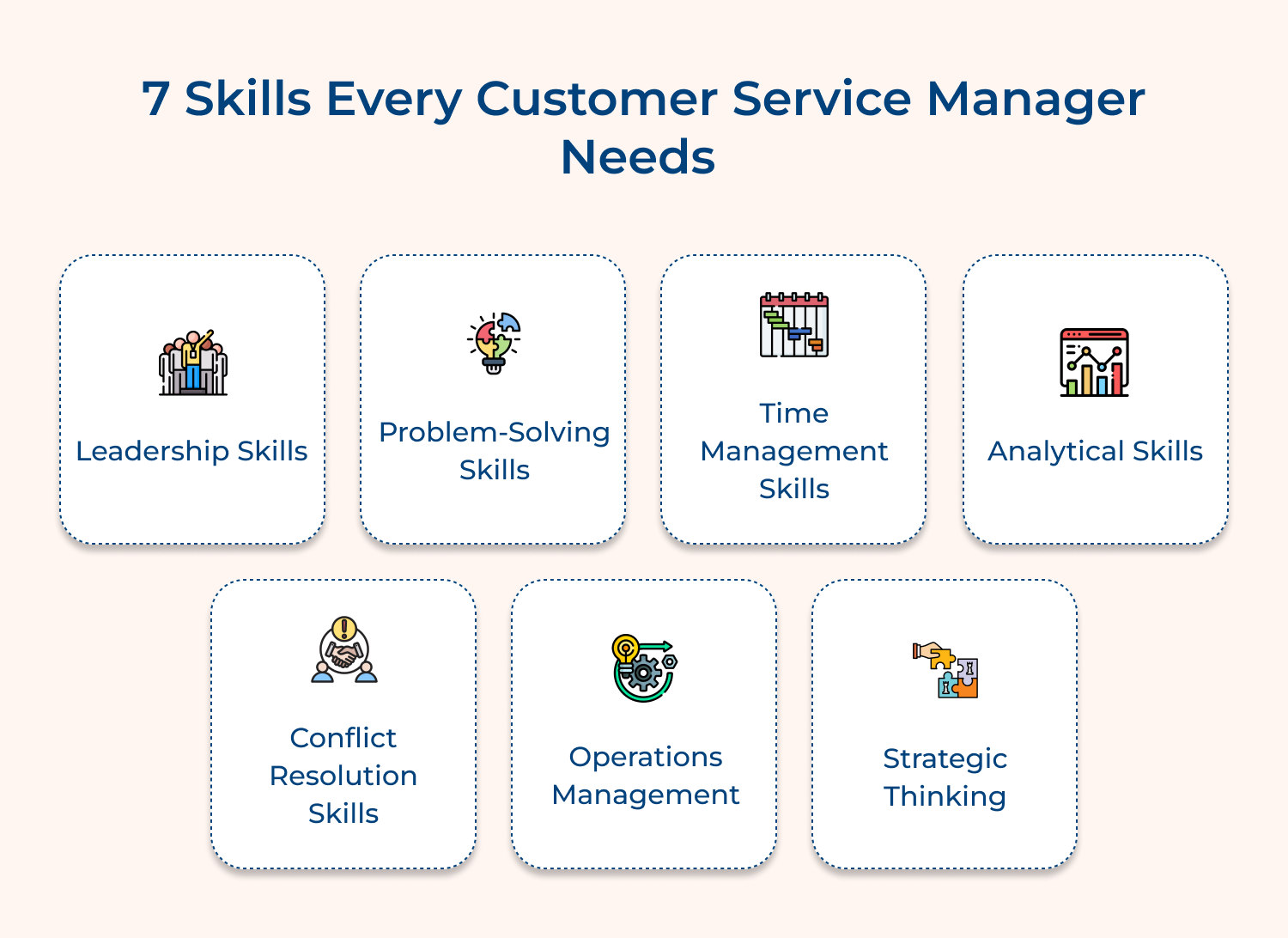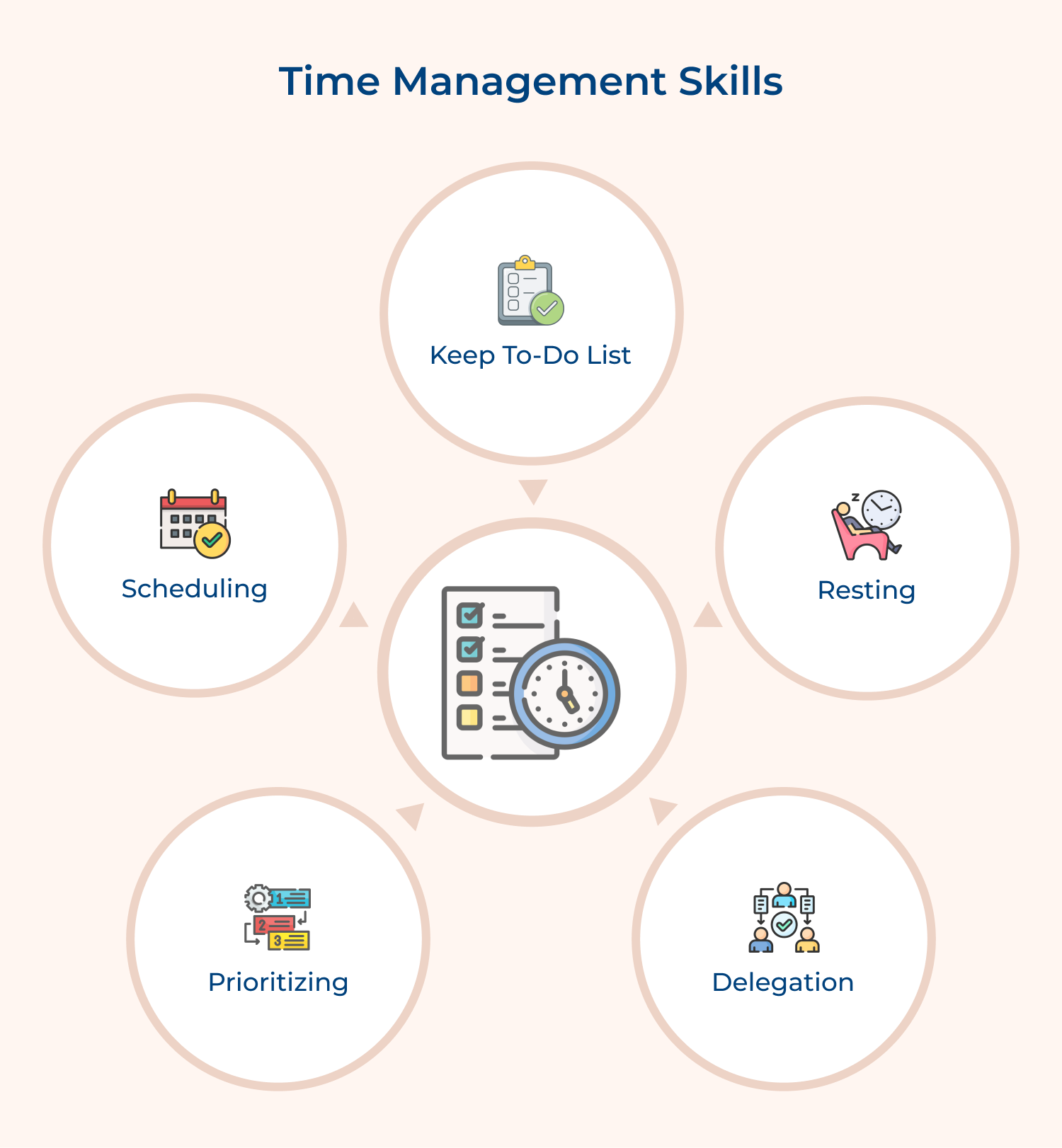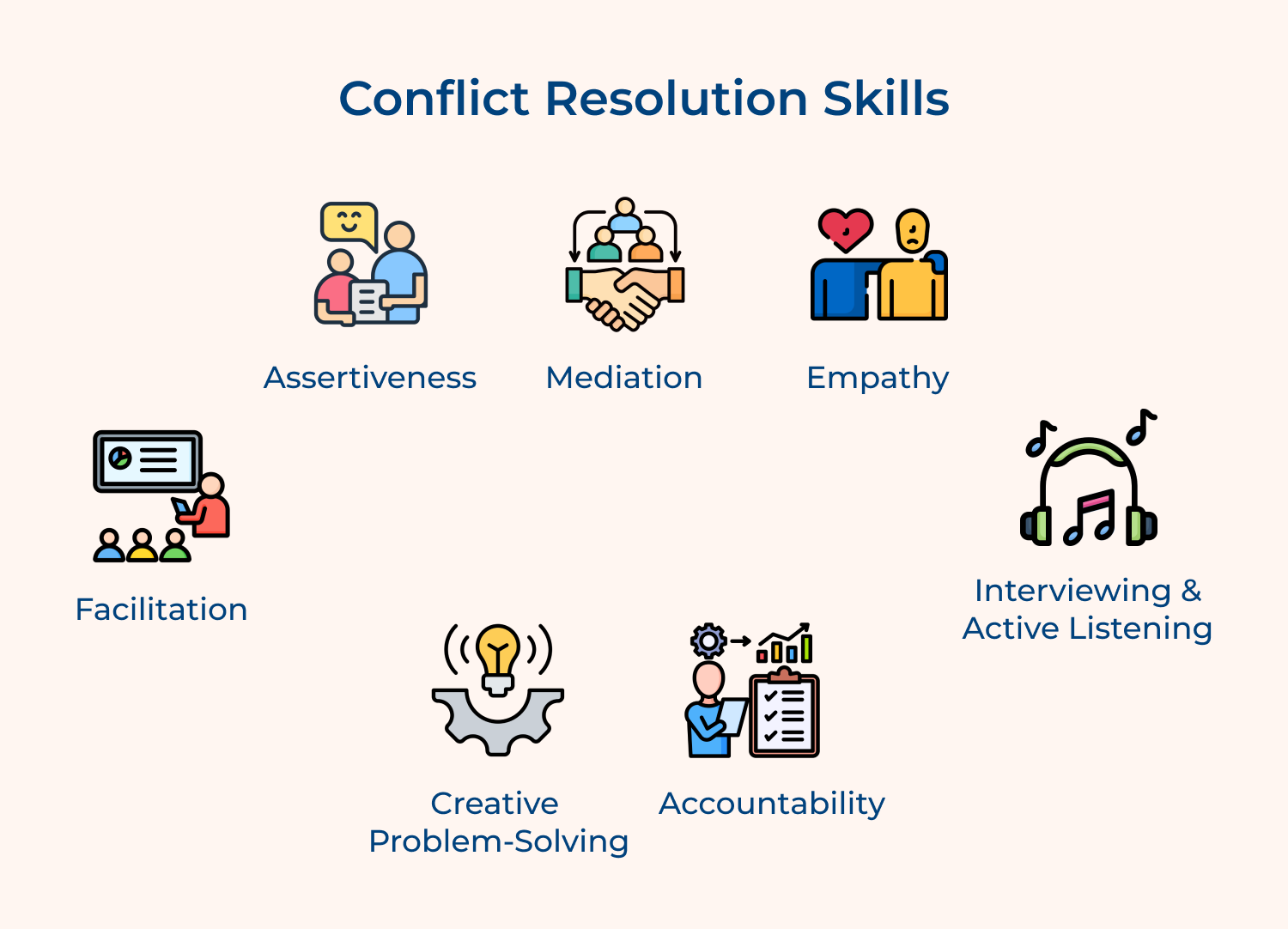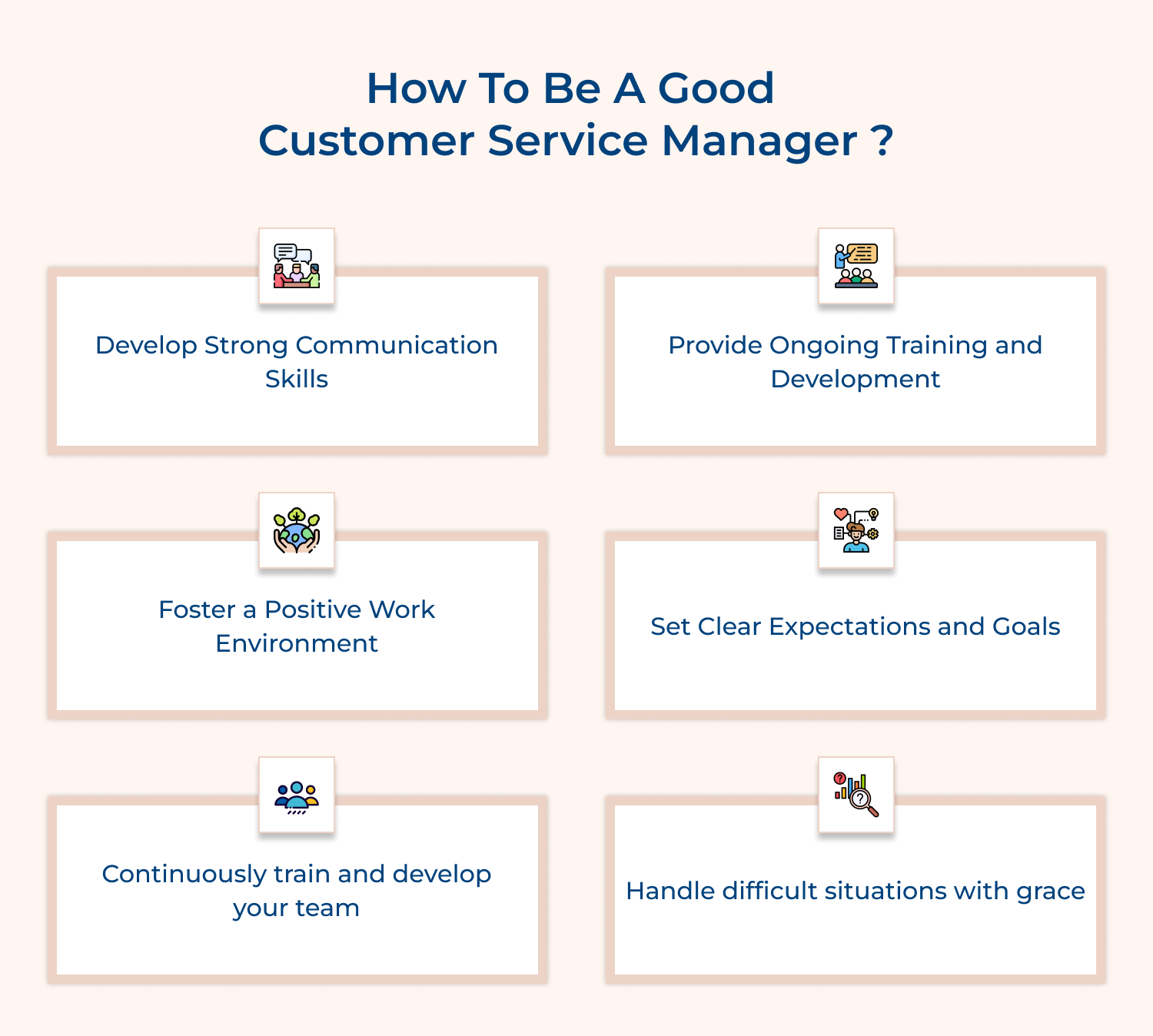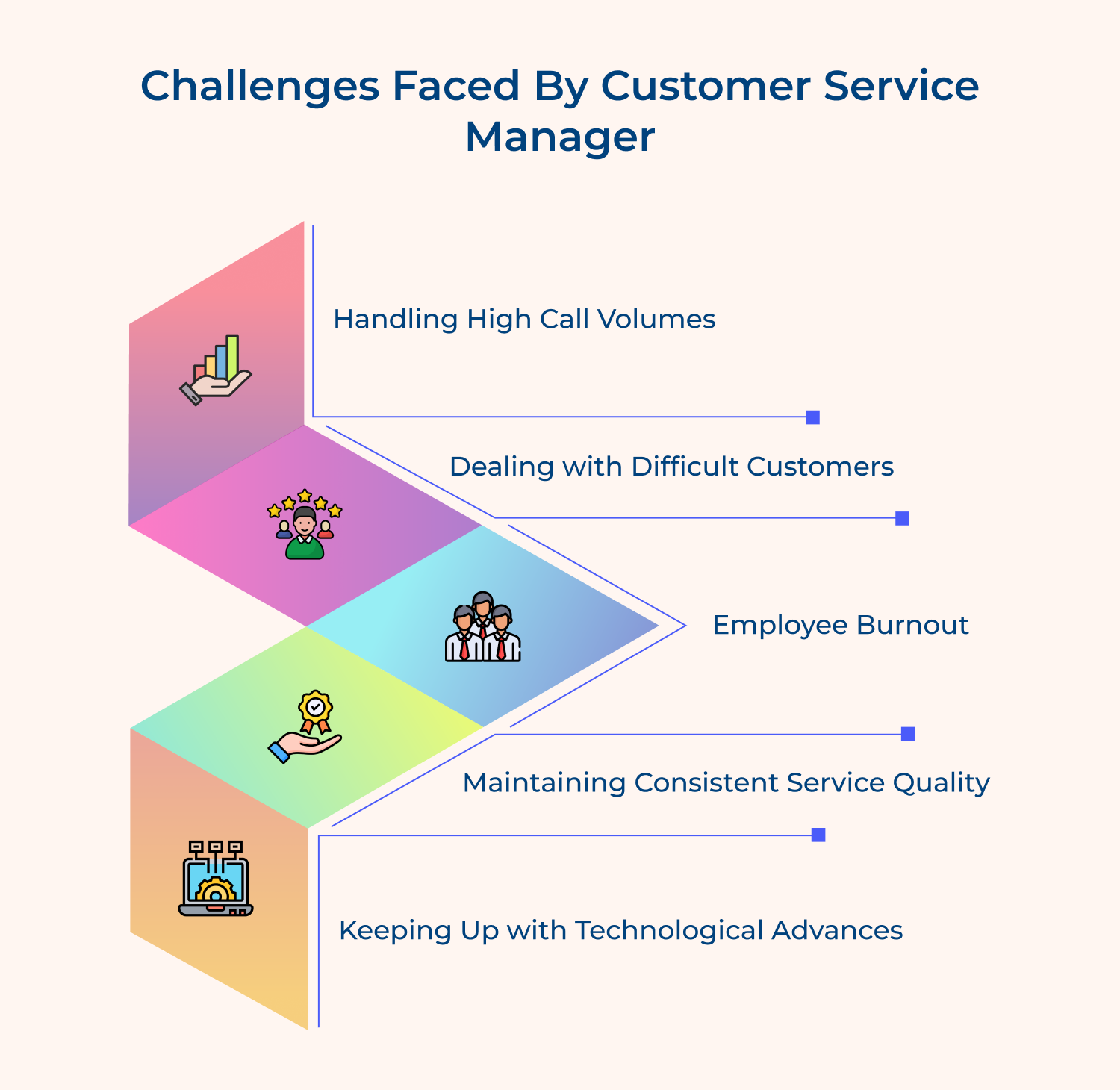1. Handling High Call Volumes
One of the biggest challenges for customer service managers is handling high call volumes, especially during peak hours. It can lead to long wait times for customers and increased stress for employees.
Solution: Implementing a call queuing system can help streamline the call handling process and ensure that customers are served in a timely manner. Hiring temporary staff during peak periods can help alleviate the workload on existing employees.
2. Dealing with Difficult Customers
Customer service managers often have to deal with difficult customers who may be unhappy with the company’s products or services. It can be emotionally draining and challenging to handle.
Solution: Providing ongoing training for customer service representatives on how to de-escalate tense situations and resolve customer complaints can help in handling difficult customers effectively. It is important to teach employees how to remain calm and empathetic, even in challenging situations.
3. Maintaining Consistent Service Quality
Ensuring consistent service quality across all customer interactions can be a challenge for customer service managers, especially as the team grows and new employees are onboarded.
Solution: Implementing standardized processes and procedures for handling customer inquiries can help maintain consistent service quality. Regular training sessions and performance evaluations can also help ensure that employees adhere to the company’s service standards.
4. Keeping Up with Technological Advances
In the digital era, customer service managers need to stay updated on the latest technological advances in order to provide efficient and effective customer service.
Solution: Investing in customer service software can help streamline processes and improve efficiency. Providing training for employees on how to use these tools effectively can help in adapting to technological changes.
5. Employee Burnout
Customer service can be a high-stress job and customer service managers need to ensure that their team members are not experiencing burnout, which can lead to decreased productivity or employee turnover.
Solution: Implementing strategies to promote work-life balance, such as flexible work schedules and regular breaks, can help prevent employee burnout. Rewarding employees for their hard work or providing opportunities for professional development can also boost morale and job satisfaction.
Invest in skilled customer Service Manager for Long term Success
Investing in a skilled customer service manager is crucial for long-term success in any business. A skilled manager can effectively train and lead a team to provide exceptional customer service, which leads to increased customer satisfaction. Prioritizing customer service helps businesses build strong relationships with their customers, resulting in repeat business and positive word-of-mouth referrals.
A skilled customer service manager can also help identify issues or complaints promptly, preventing them from escalating and potentially damaging the business’s reputation. In conclusion, investing in skilled customer service management is a wise decision that will pay off in the long run.

